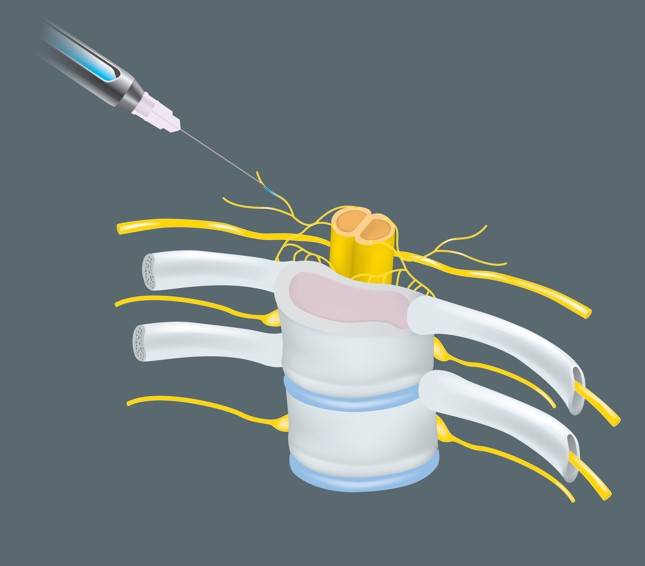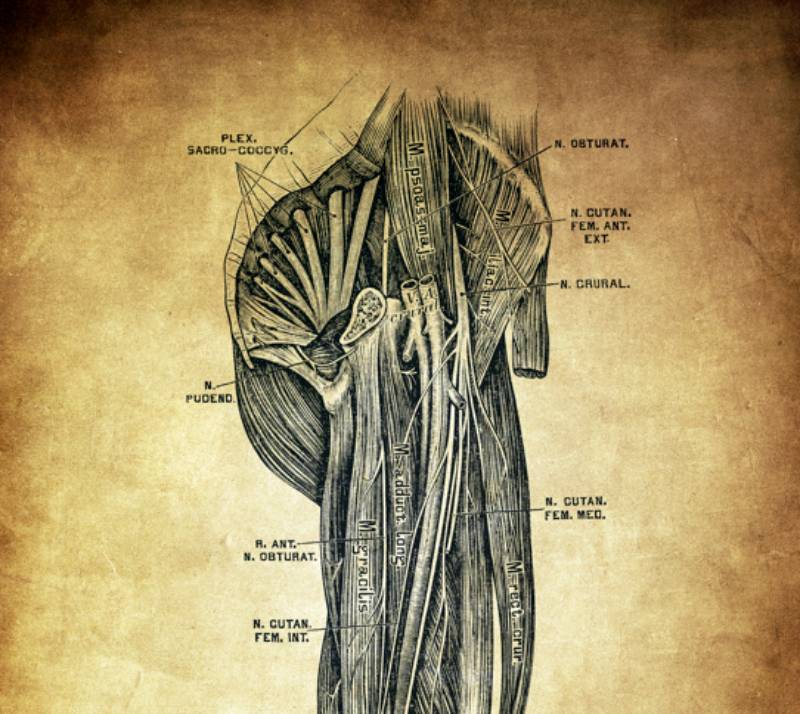Our Blog


The Effects of Skin Tone in Pulse Oximeter Readings
Pulse oximeters are devices that estimate the percentage of oxygen in the blood. Widely used in clinical settings, these tools have experienced growth in at-home

Anesthesia Considerations for Surgery Requiring a Tourniquet
Tourniquet use during surgery allows for a nearly bloodless operative field and improved visualization but poses several important challenges for anesthesia. Its application produces significant

Concerns for Anesthesiologists with Elderly Patients
Caring for elderly patients in the perioperative setting presents unique challenges for anesthesiologists. As the global population ages and life expectancy increases, more older adults

First-Line Opioid Analgesics in the Perioperative Setting
Opioid analgesics provide essential pain management in the perioperative setting. Despite growing concerns about opioid overuse and the potential for dependency, these medications continue to

Keeping an IV Clean
Intravenous (IV) therapy is a common and essential part of modern medicine, allowing fluids, medications, and nutrients to be delivered directly into a patient’s bloodstream.

The Process of Intubation
Endotracheal intubation is a procedure used to secure the airway in patients who are unable to breathe adequately on their own. It is commonly performed

Addressing Delays in Elective Surgery
As demonstrated during the COVID-19 pandemic, administrative matters such as the efficiency and capacity of a hospital can notably influence mortality and patient outcomes.1 Healthcare

Applications of Ketamine
Ketamine is a medication that has been widely used for decades, with applications in many areas. It is a valuable agent in medical, psychiatric, and

Clinical Management of Slow Recovery from Peripheral Nerve Block
Peripheral nerve blocks (PNBs) are a crucial component of multimodal analgesia in modern anesthesia practice. A PNB involves injecting local anesthetics near specific nerves or

Anesthesia Considerations for Elevated Intracranial Pressure
Elevated intracranial pressure (ICP) is a life-threatening condition that requires meticulous management, particularly during anesthesia. When ICP rises, the risk of brain ischemia and herniation

Neurological Conditions Following Nerve Blocks
Long-term neurological conditions following nerve blocks due to injury during the procedure are an important topic for anesthesiologists and pain specialists. While extensive research has

Perioperative Epistaxis (Nosebleed)
Epistaxis, or nosebleed, occurring during the perioperative period poses significant challenges in clinical management, particularly due to its potential to complicate surgical procedures and recovery.

Rehabilitation Needs After Orthopedic Surgery
Orthopedic surgery, whether for joint replacement, fracture repair, spinal correction, or another procedure, is a major medical intervention aimed at restoring mobility, reducing pain, and

IV Ketamine vs. ECT for Oral Pharmacologic Treatment-Resistant Depression
Treatment-resistant depression (TRD) presents a significant challenge in psychiatric care, characterized by patients who do not respond adequately to traditional antidepressant therapies. Intravenous (IV) ketamine

Avoiding Pressure Injuries in the Operating Room
Pressure injuries, also known as pressure ulcers or bedsores, are a significant concern in the operating room (OR), where patients are often in a stationary

Anesthesia Management of Pregnant Women with Placenta Accreta Spectrum
Placenta accreta spectrum (PAS) represents a severe obstetric complication where the placenta invades the uterine wall more deeply than normal, leading to potential severe hemorrhage

An Overview of Intubation for Surgery
Intubation is a crucial aspect of surgical procedures, ensuring the patient’s airway remains open and supported during anesthesia. While it may seem daunting and uncomfortable,

Statistics on Prescription Opioids
The opioid crisis is an urgent public health issue with devastating impacts. Relatively recently, the healthcare community recognized the role of prescription opioids in the

Sevoflurane Sedation: An Overview
Sevoflurane is a widely used volatile anesthetic agent. Sevoflurane is primarily used for general anesthesia and less commonly used for sedation. Nonetheless, sevoflurane sedation offers

Femoral Nerve Block: Uses and Alternatives
Femoral nerve block (FNB) is valuable in contemporary pain management strategies for various lower limb procedures and acute conditions. It has been commonly used to

Rural Pass-Through Legislation and Anesthesia
Rural Pass-Through is a crucial initiative to help bridge the healthcare gap between urban and rural areas. These programs aim to improve healthcare access in

Aspects of and Strategies for Recovery After Major Surgery
Surgery takes a significant toll on patients, physically, emotionally, and mentally. Currently, recovery is often measured in terms of clinical metrics: hospital length of stay,

Subspecialty Trained Pediatric Anesthesiologists
Subspecialty trained pediatric anesthesiologists are medical professionals who specialize in providing anesthesia and perioperative care to infants, children, and adolescents. This subspecialty requires extensive training

Airway Management During Anesthesia
The administration of anesthesia is a complex medical procedure, and ensuring adequate airway management is a crucial aspect of patient safety and comfort. While anesthesia

Ketorolac in Anesthesia
Ketorolac (Toradol) is a nonsteroidal anti-inflammatory analgesic used as an adjunct for general anesthesia. Specifically, ketorolac is especially effective at reducing pain related to inflammation

Leg-Elevation to Prevent Post-Spinal Hypotension in Elective Cesarean Section
Post-spinal hypotension (PSH) is a common and often concerning complication arising after spinal anesthesia during elective cesarean sections. It involves a significant drop in blood

Science of Pre-emptive Anesthesia
Preemptive analgesia refers to the use of analgesic agents during the perioperative period, specifically before the surgical incision (3). By introducing analgesia before the patient

The Effects of Anesthetic Drugs on the Myocardium
Anesthesia plays a crucial role in facilitating surgical procedures, ensuring the patient remains pain-free and the surgeon can work without hindrance. However, the impact of

Uses of Light vs. Deep Sedation
In many medical procedures, sedation is employed to ensure patient comfort and facilitate a successful intervention. The level of sedation administered can vary, ranging from

Non-Opioid Pain Management after Surgery
Pain management after surgery is an important aspect of the recovery process. While opioids have traditionally been used to manage pain after surgery, there is